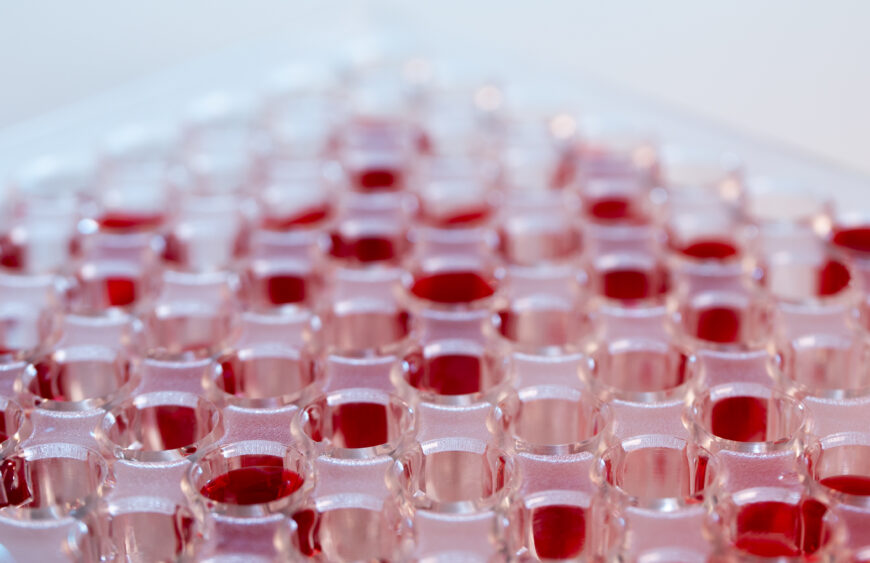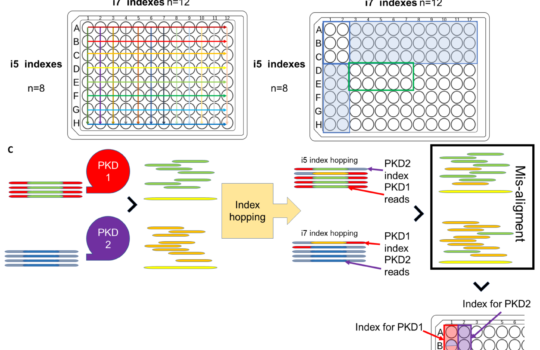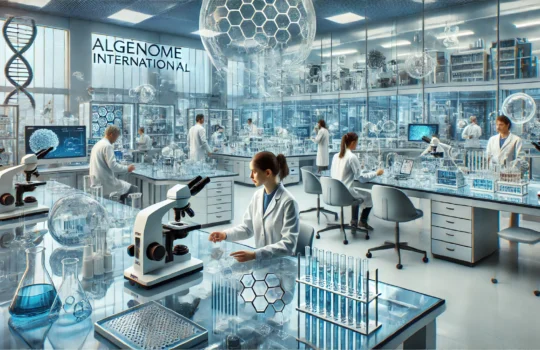Introduction: In the realm of scientific research and biotechnology, precise and controlled environments are paramount for the successful cultivation and growth of various cell types. One such critical apparatus that plays a pivotal role in this process is the CO2 incubator. These specialized incubators provide optimal conditions for the growth and maintenance of cell cultures, ensuring the integrity and viability of biological samples. In this blog post, we will delve into the functions and applications of CO2 incubators, with a particular focus on Algenome International’s highly acclaimed models, AirGenius and Safegrow.
Understanding CO2 Incubators: CO2 incubators are advanced laboratory instruments designed to mimic the conditions necessary for cell growth, ensuring optimal temperature, humidity, and carbon dioxide (CO2) levels. They are widely used in various fields, including cell biology, tissue engineering, cancer research, and drug discovery.
Key Features and Applications:
- Temperature and Humidity Control: CO2 incubators maintain a stable and precise temperature range, typically between 37°C and 40°C, which mimics the human body’s internal temperature. The humidity inside the incubator can also be regulated, preventing the desiccation of cell cultures. These features enable the growth of cells under conditions that closely resemble the human body’s environment.
- CO2 Regulation: CO2 is an essential component for cell culture growth, as it helps to maintain the physiological pH of the culture medium. CO2 incubators regulate the CO2 concentration by infusing the chamber with a controlled mixture of air and CO2. This is crucial for pH homeostasis and optimal cell metabolism.
- Sterility and Contamination Control: CO2 incubators employ high-efficiency particulate air (HEPA) filters to minimize the risk of contamination. These filters remove airborne particles and microorganisms, creating a sterile environment suitable for sensitive cell cultures. Additionally, some models feature advanced sterilization mechanisms, such as UV lights or hydrogen peroxide vapor, further reducing the chances of contamination.
AlGenome International’s CO2 Incubators: AirGenius and Safegrow: AlGenome International is a renowned provider of laboratory equipment, committed to delivering cutting-edge solutions for scientific research. They offer a diverse range of CO2 incubators, including the AirGenius and Safegrow models, each with their unique features and advantages.
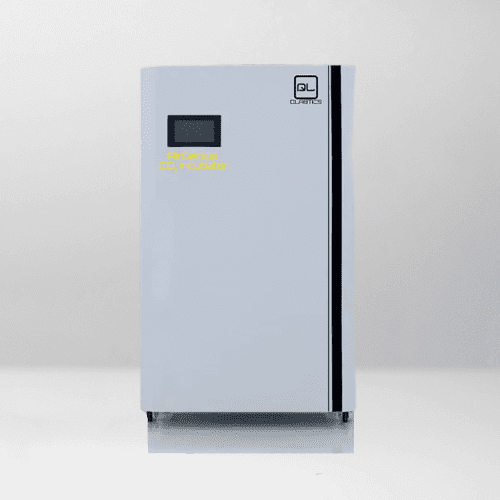
- AirGenius: The AirGenius CO2 incubator from Qlabtics boasts a state-of-the-art design and advanced functionality. Its precise temperature control, reliable CO2 regulation, and excellent humidity management make it an ideal choice for various cell culture applications. The AirGenius model also incorporates innovative contamination control mechanisms, ensuring the integrity of the samples and reducing experimental variability.
- Safegrow: The Safegrow CO2 incubator from BioAir is another impressive offering from Algenome International. It combines reliability, performance, and user-friendly features to provide an exceptional environment for cell culture growth. With its intuitive interface and robust safety measures, the Safegrow model offers peace of mind and optimal conditions for delicate cell cultures.
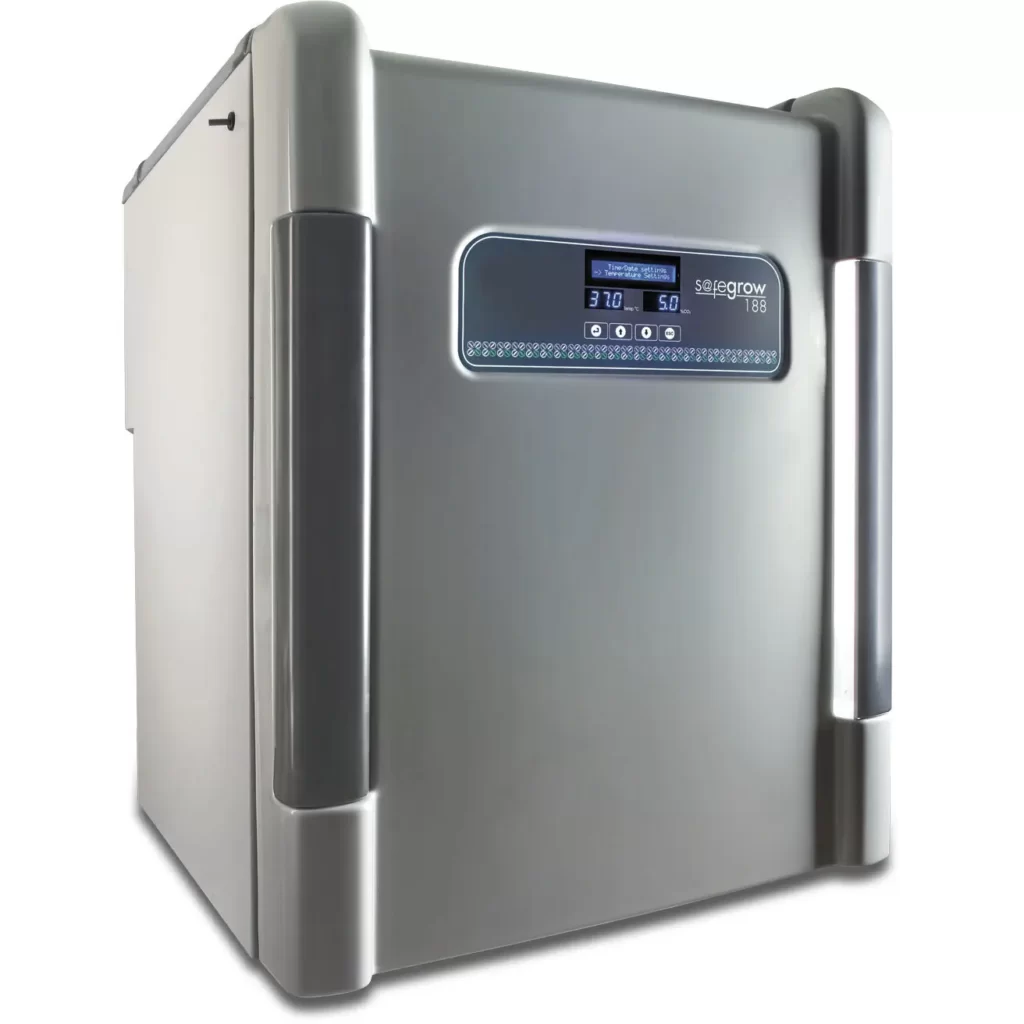
Conclusion: CO2 incubators play a vital role in cell culture research, providing researchers with the necessary tools to cultivate and study cells in a controlled environment. Algenome International’s AirGenius and Safegrow models exemplify the company’s commitment to innovation and quality in laboratory equipment. By incorporating advanced features and ensuring precise environmental control, these CO2 incubators empower scientists to unlock new possibilities in diverse fields of study.

